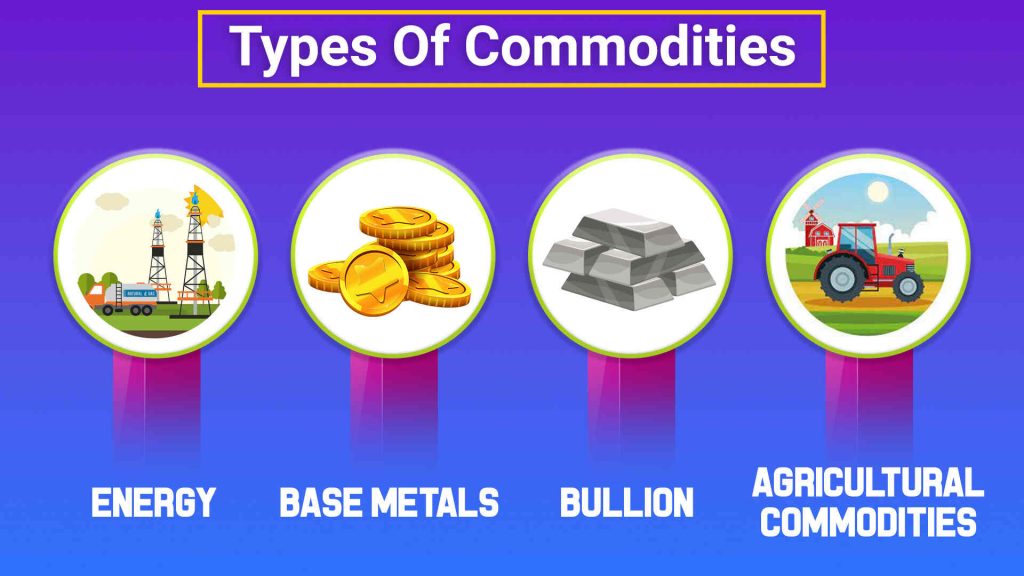
A commodity market is a marketplace that deals with the trading of raw materials and primary economic sector goods rather than manufactured products. This sector includes agricultural products, energy resources, and metals. Commodities are typically categorized as soft (perishable and harvested, such as wheat and coffee) or hard (mined resources like gold and crude oil).
Futures contracts, one of the oldest methods of commodity investment, are widely used for price risk management. Commodity markets facilitate both physical trading and derivatives trading, involving instruments such as spot contracts, forwards, futures, and options on futures. Farmers, for instance, have engaged in basic forms of derivatives trading for centuries to hedge against price fluctuations.
A financial derivative is an instrument whose value is based on an underlying commodity. These derivatives are traded either on exchanges or over the counter (OTC). An increasing number of transactions are processed through clearinghouses with central counterparty clearing, which provides settlement services for both futures exchanges and off-exchange OTC markets.
Key derivative instruments in commodity markets include futures contracts, swaps (introduced in the 1970s), and exchange-traded commodities (ETCs) (launched in 2003). Futures contracts are traded on regulated commodity exchanges, while OTC contracts are privately negotiated agreements between parties.
Since 2003, exchange-traded funds (ETFs) have incorporated commodities, offering investors exposure to markets like gold without the need for physical ownership. Gold ETFs, for example, represent “electronic gold,” eliminating costs related to insurance and storage in vaults such as those in the London bullion market. According to the World Gold Council, ETFs provide access to gold investment while reducing the risk of price volatility associated with holding the physical asset.